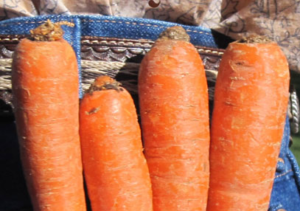The growing Horse Meat debacle in Europe has elicited a number of responses from us Americans.
- Sure glad we don’t slaughter horses here.
- Sure glad we don’t even eat horse meat.
 It’s easy to dismiss the mess as their problem. But if you dig deeper, you’ll see why we should pay attention, too.
It’s easy to dismiss the mess as their problem. But if you dig deeper, you’ll see why we should pay attention, too.
For starters, Europe’s food standards on the whole are arguably better than ours, especially since the Mad Cow Disease scare. (They banned GMOs, antibiotics, and hormones years ago while us Americans are just coming to terms with those treatments’ side effects.)
The Horse Meat problem has made headlines because of the processing system, not because horses were slaughtered. And we process our foods just as much as Europe does.
There are so many channels of distribution and so much processing, finding the slaughterer who killed horses isn’t the problem. It’s what happened after that; it’s a matter finding the criminals who swapped a cheaper meat for a more costly one somewhere along the line. It’s an understandable problem when the production includes such a multitude of players.
Good luck.
Tracing the trail from carcass-to-cutlet has become as difficult as tracking soap suds down a public sewer system.
 For me, it’s just another reason for knowing my farmer and growing my own vegetables. In Maine, I bought beef and turkey from Keena Tracy’s Little Ridge Farm in Lisbon. I bought a butchered pig from Troy Pride of Limington.
For me, it’s just another reason for knowing my farmer and growing my own vegetables. In Maine, I bought beef and turkey from Keena Tracy’s Little Ridge Farm in Lisbon. I bought a butchered pig from Troy Pride of Limington.
Now in Iowa, our Saturdays include trips to the farmers’ market and I’m looking ahead to growing season.
Maybe I’ll plant some carrots for them horses. If they don’t like ’em, they can look me in the eye. Just like I can with my farmers’ goods.